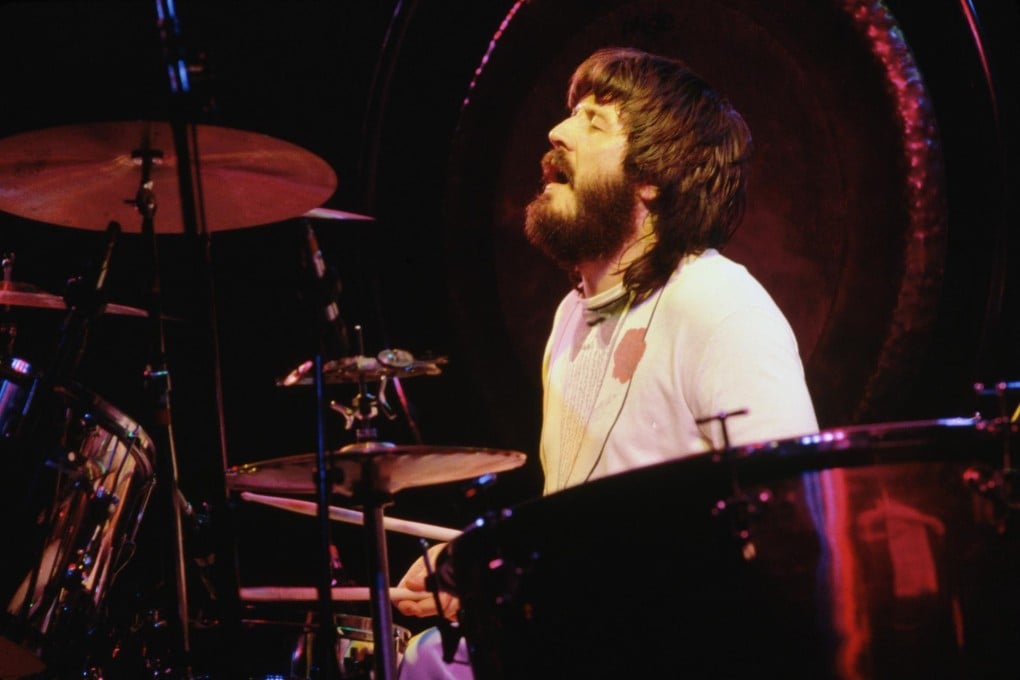Led Zeppelin led the way to new world of rock music
Reissues of Led Zeppelin's first three albums confirm their status as the band who changed rock, writes Jack Hamilton

It's early 1969, and you are young. You hold in your hands an LP by a band with a strange name. The cover art is a black-and-white photo of the Hindenburg exploding, cropped and retouched to resemble some phallic, Nazi apocalypse. You remove the record from the sleeve and place it on your turntable. The sound of a guitar explodes into your ears, two quick bursts of a Fender Telecaster, each lashed to a violent drum hit. When it all ends you grab the needle and move it back to the record's edge, to confirm all this is real, and it all begins again.
That twin blast of an E chord is the opening sound of Good Times Bad Times, the first track on Led Zeppelin, which would soon be known as Led Zeppelin I once Led Zeppelin decided to name their next two albums after themselves as well. In 1969 it was a powerful shot across the bow of pop music. It was the sound of a new world being born, and the louder sound of an old world being destroyed.
These are, and always have been, three of the most perfect-sounding rock albums ever made
Led Zeppelin, Led Zeppelin II and Led Zeppelin III have recently been given deluxe reissues by Atlantic Records. Each package contains a remastered version of the original album, along with a generous helping of bonus tracks. The first boasts a live set from a concert in Paris in 1969 while the other two include collections of rough mixes from the sessions from Led Zeppelin II and Led Zeppelin III.
The remastering is superfluous: these are, and always have been, three of the most perfect-sounding rock albums ever made. The rough mixes of II and III, though, are a revelation, casting light on Led Zep guitarist Jimmy Page's immense talents as a producer and giving us the opportunity to rediscover this band as they were: four absurdly gifted young people making music together, as opposed to the rock deities they'd forever after be imagined as.
Led Zeppelin's legacy is fittingly long and fittingly loud. Depending on your preference in white male hagiography, "modern" rock music is often said to have started with Bob Dylan's Like a Rolling Stone, or The Beatles' Sgt Pepper, but these myths are wishful, and overly fanciful: modern rock music started with Led Zeppelin. Their influence, for better and worse, over all that's come since is singular. Punk in the 1970s was a rejection of their pompous pretentiousness, metal in the 1980s an affirmation of their excesses, grunge in the 1990s a reclamation of punk that often sounded a lot like Led Zeppelin.
Led Zeppelin were the first significant band to emerge from a post-British Invasion world and effectively reversed its trajectory. They conquered America before even bothering with their home country: Led Zeppelin was released two months earlier in the US than it was in England, and on an American label to boot.